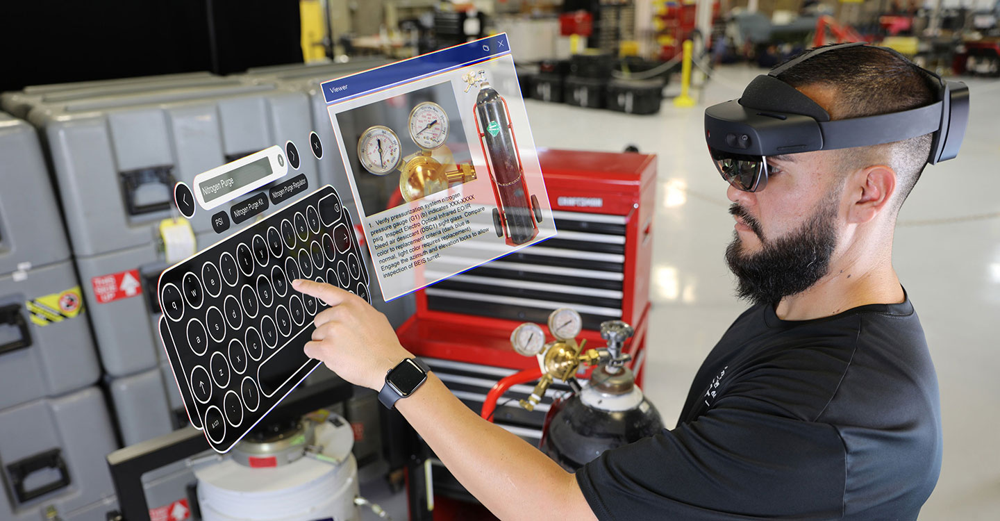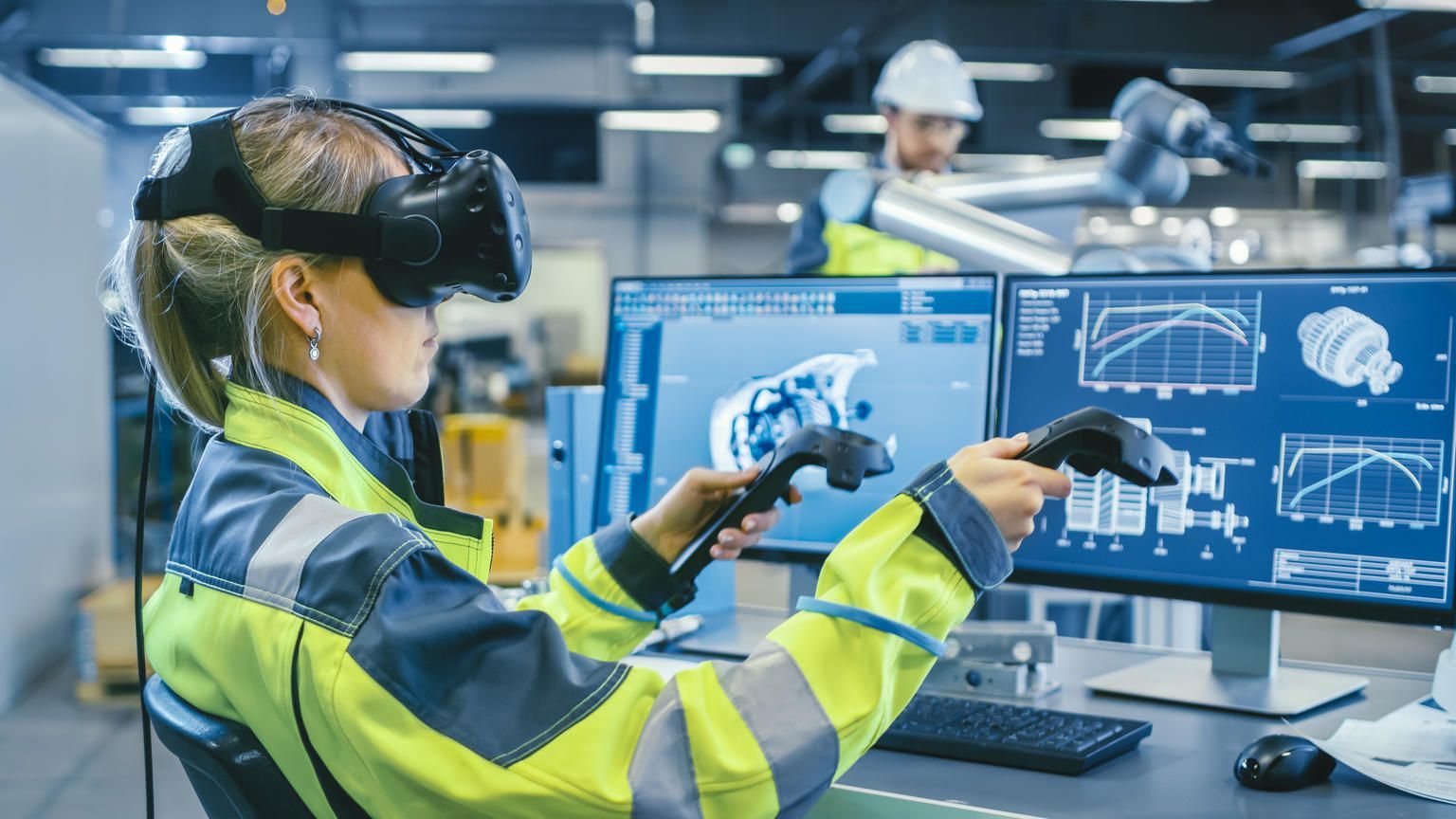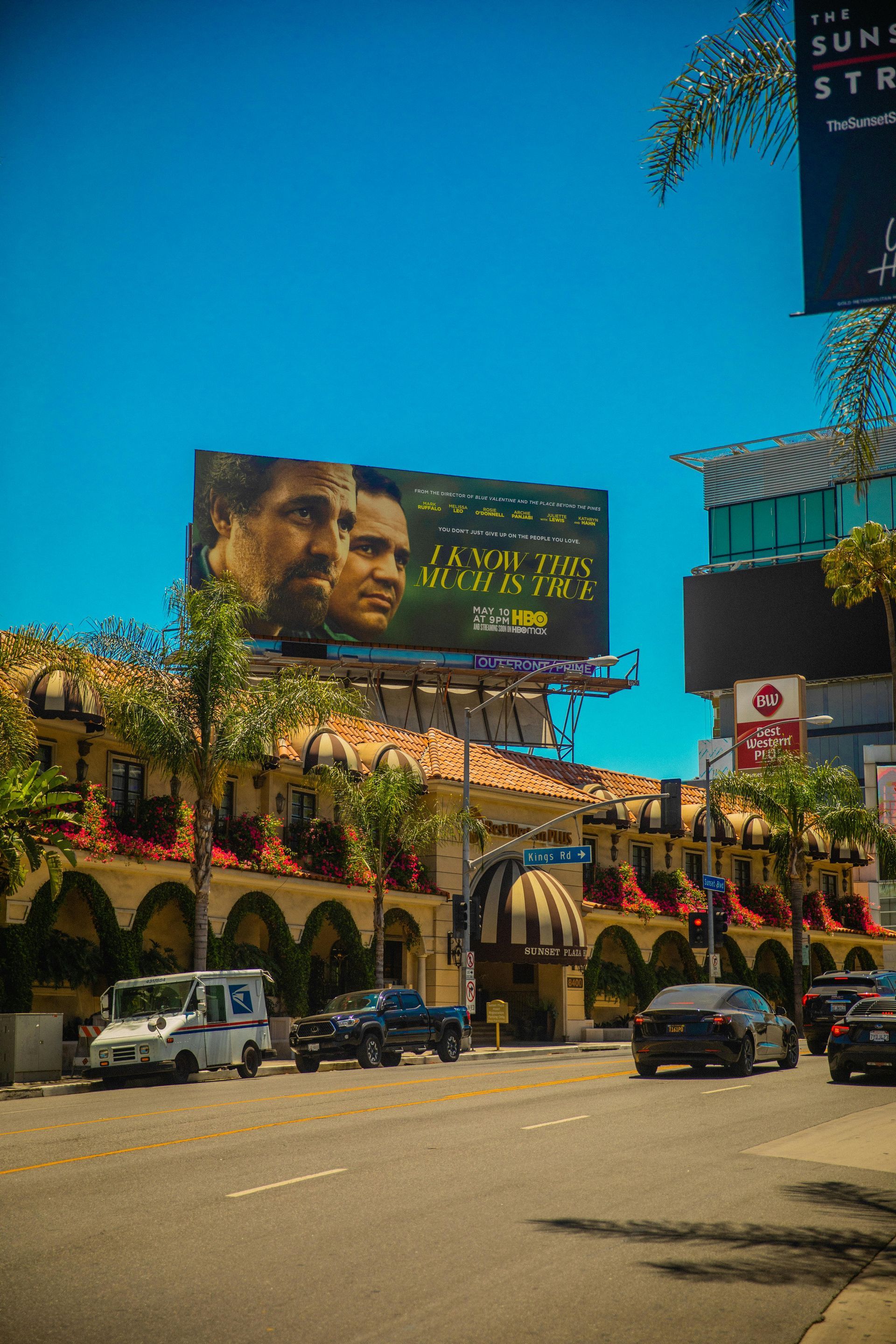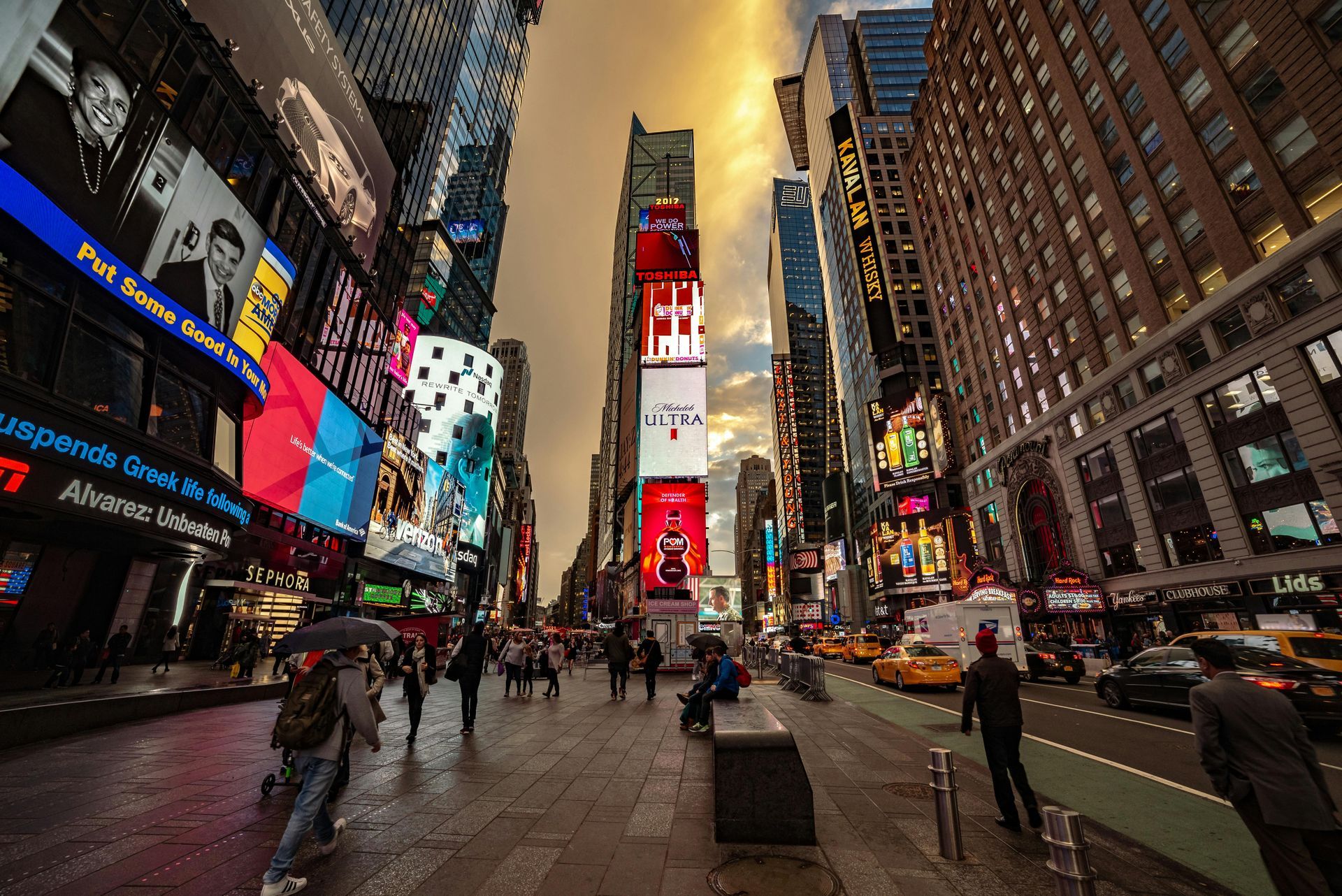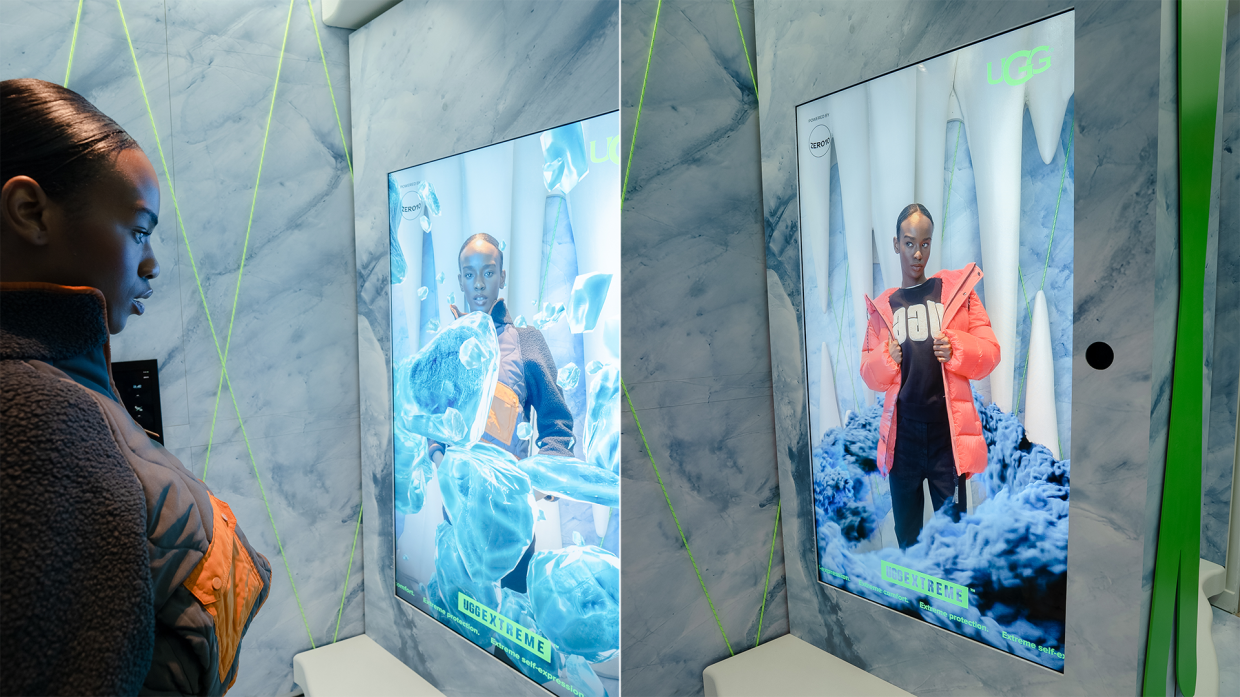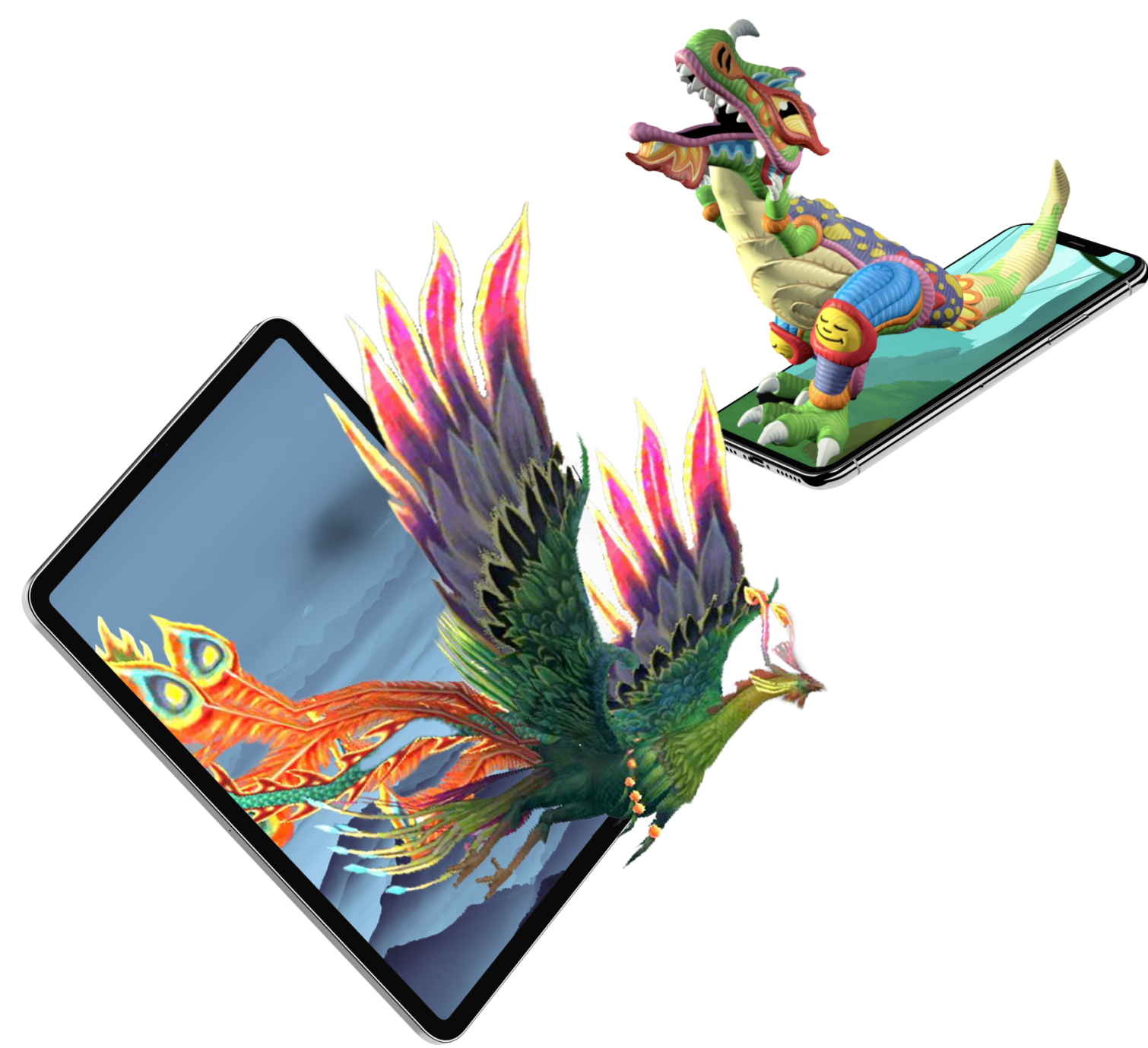How Digital Experiential Marketing Can Deliver Powerful Results
Experiential marketing is taking the marketing world by storm, and with the rise of digital technologies, it's become more powerful than ever. But what is digital experiential marketing, and how can it deliver powerful results? Let's delve into this!
Introduction to Digital Experiential Marketing
What is Digital Experiential Marketing?
Digital experiential marketing is an innovative strategy that combines interactive digital technologies with real-world experiences. It goes beyond traditional advertising, creating a meaningful connection between consumers and brands by engaging them in a personal and immersive way.
Red Wings Interactive Fan Experience
Why is it Important?
In an increasingly digital world, traditional marketing techniques can fall flat. People crave more interactive, personalized experiences, and that's exactly what digital experiential marketing provides. It takes the customer on a journey, encouraging them to participate and engage with the brand on a deeper level.
The Power of Digital Experiential Marketing
Impact on Brand Awareness
One of the significant benefits of digital experiential marketing is its ability to boost brand awareness. Interactive experiences leave a lasting impression, helping to keep your brand at the forefront of consumers' minds.
Boosting Customer Engagement
Digital experiential marketing also works wonders in enhancing customer engagement. By involving the customer directly in the marketing process, it creates a unique and memorable experience that fosters a strong emotional connection.
Influencing Purchase Decisions
Moreover, these experiences have the power to influence purchase decisions. An engaging digital experience can give consumers a taste of what to expect from your products or services, motivating them to convert.
NBA Diamond Ball - Fan Filters
Key Elements of Successful Digital Experiential Marketing
Immersive Technology
Technologies like VR, AR, and AI play a crucial role in creating immersive experiences. They bring your brand's story to life, engaging consumers in a way that traditional marketing methods can't match.
Personalization
Personalization is another vital element. By tailoring experiences to individual customers, you can make them feel special and valued, which boosts loyalty and encourages repeat business.
Interactivity
Interactivity is the heart of digital experiential marketing. Interactive elements capture the consumer's attention and keep them engaged, which helps forge a deeper connection with your brand.
How to Implement Digital Experiential Marketing
The Future Fitness Experience with the Max Pro
Define your Goals
Before you start, you need to know what you want to achieve. Do you want to raise brand awareness, increase sales, or improve customer loyalty? Defining your goals will guide your strategy and help you measure success.
Choose the Right Technology
Choosing the right technology is critical. The technology you use should enhance the customer's experience and align with your marketing goals.
Measure Success
Finally, always measure your results. This allows you to refine your strategy and ensure you're making the most of your digital experiential marketing efforts.
Conclusion
In conclusion, digital experiential marketing is an extremely effective tool that can drive powerful results. By blending digital technology with real-world experiences, it engages consumers on a personal level, boosting brand awareness, engagement, and sales.
FAQs
Q1: What is digital experiential marketing? A: Digital experiential marketing is an innovative strategy that combines interactive digital technologies with real-world experiences to create a meaningful connection between consumers and brands.
Q2: Why is digital experiential marketing important? A: It's important because it provides interactive, personalized experiences that traditional marketing techniques often lack. It encourages deeper customer engagement and can influence purchase decisions.
Q3: What are some key elements of successful digital experiential marketing? A: Immersive technology, personalization, and interactivity are key elements that contribute to the success of digital experiential marketing.
Q4: How can I implement digital experiential marketing in my business? A: Start by defining your goals, then choose the right technology to create immersive, personalized experiences. Always measure your results to refine your strategy.
Q5: How does digital experiential marketing impact brand awareness? A: It boosts brand awareness by creating interactive experiences that leave a lasting impression, keeping your brand at the forefront of consumers' minds.
TALK TO A PRO
We're here to bring your brand to life!
Stay Connected with BrandXR
Create Augmented Reality for Free!
Create, Publish, and Measure 3D Augmented Reality Experiences Without Having to Code.

